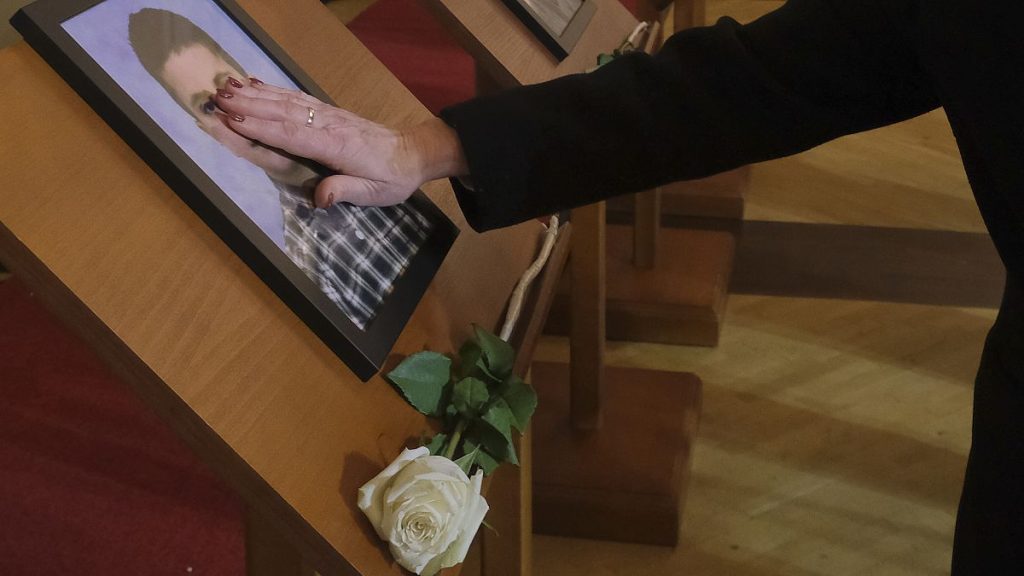The picturesque town of Cetinje, Montenegro, became the site of unspeakable tragedy on New Year’s Day 2024, as a mass shooting claimed the lives of twelve innocent individuals, including two young children. The horrific incident plunged the nation into mourning, prompting a memorial service attended by grieving family members, political figures, and church leaders. Mayor Nikola Đurašković eloquently expressed the collective grief, acknowledging the inadequacy of words to console those who lost their loved ones. He emphasized the shared nature of the loss, stating that it was a tragedy not just for the families but for the entire nation. The victims, comprising seven men, three women, and two children born in 2011 and 2016, became a stark reminder of the devastating consequences of gun violence.
The perpetrator, identified as Aco Martinović, ultimately took his own life after the rampage. This devastating event marked the second mass shooting in Cetinje in less than three years, following a similar tragedy in August 2022 where ten people, including two children, were killed. The recurring nature of these incidents has sparked outrage and demands for immediate action to address the underlying issues contributing to gun violence in the small Balkan nation. Following the New Year’s Day massacre, an emergency session of Montenegro’s National Security Council convened in the capital, Podgorica. The high-level meeting resulted in a commitment to implement stringent measures to curb the proliferation of illegal weapons, a persistent problem plaguing the country.
Prime Minister Milojko Spajić announced a two-pronged approach to tackle the issue. Firstly, all registered gun owners will be subjected to renewed security and psychological evaluations to ensure their continued suitability to possess firearms. This measure aims to identify potential risks and prevent individuals who may pose a danger to themselves or others from owning weapons. Secondly, the government vowed to implement “draconian” punishments for those found in possession of illegal firearms. This reflects a decisive shift towards a zero-tolerance policy regarding illegal gun ownership.
To facilitate the surrender of illegal weapons, the government announced a two-month amnesty period. During this timeframe, individuals can relinquish their illegal firearms without fear of prosecution. This initiative aims to encourage voluntary compliance and remove a significant number of illegal weapons from circulation. Following the amnesty period, however, the law will be strictly enforced, and even minimal sentences handed down by judges will be severe. This firm stance underscores the government’s commitment to eradicating illegal gun ownership and holding those who violate the law accountable.
Reports from state broadcaster RTCG revealed a concerning statistic: Montenegro ranks sixth globally in the number of illegal weapons per capita. This alarming figure highlights the scale of the problem and the urgency with which it needs to be addressed. The easy accessibility of illegal firearms creates a dangerous environment and significantly increases the risk of further tragedies. The government’s commitment to implementing stricter gun control measures and imposing harsher penalties is a crucial step towards mitigating this risk and creating a safer environment for all citizens.
The tragic events in Cetinje have served as a wake-up call for Montenegro. The nation is now at a crossroads, grappling with the difficult task of balancing individual rights with the collective need for safety and security. While the government’s proposed measures represent a significant step in the right direction, sustained effort and continued vigilance will be crucial to ensure their effectiveness. The path towards a safer Montenegro requires a collective commitment – from lawmakers to citizens – to address the root causes of gun violence and create a culture of responsible gun ownership. Only then can the nation hope to prevent such devastating tragedies from occurring again.














